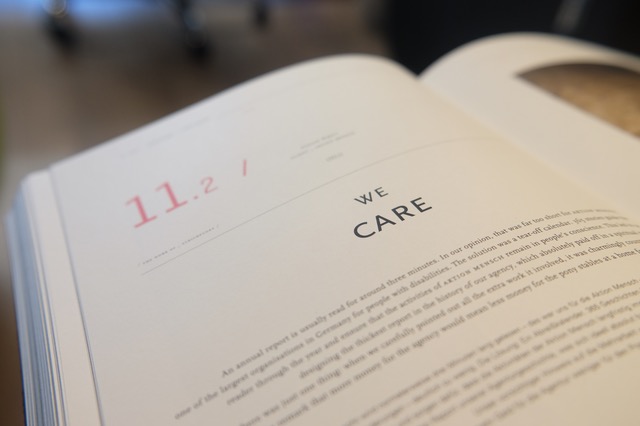I’m sitting here on a Saturday evening with a glass of Michter’s American whiskey, a cat, and my keyboard. It’s hot and humid, and I’m sweating like a pig, but it’s okay, because it’s been cold for so long I’m kind of into sweating right now.
It’s been a decent writing day, but of course it wasn’t all personal work and fiction. I spent a bit of time looking for new freelance work and touching various freelance projects I’ve got spinning. Not a lot, I’m not saying my life is hard in any way, but one thing they sure don’t tell you when you tear off your shirt in a restaurant and shout YOU PEOPLE HAVE HELD ME BACK LONG ENOUGH, I’M GOING TO BECOME A FULL-TIME WRITER is that the phrase “full time” means fucking full time.
As In 24/7
Writing for a living can be exhausting. The fiction is fun. The fiction is me taking my ideas and putting them into coherent form and seeing a world emerge where there was only blank paper or white pixels. The freelance, which pays a big part of the bills, is a different story.
You pretty much have to be an idea machine when you write freelance. While a few of my editors do send me assignments, if I relied on assignments being sent to me passively I’d make about $100 a month. Which, as I discovered in my first, extremely painful year of freelancing, isn’t enough to live on. So you have to constantly send out new ideas, and then you have to badger people to get to you with a yea or nay on those ideas. And then when you get 3 acceptances out of six ideas, you have to start thinking of six more ideas to send.
And you write more or less every day. I’ve tried making weekends into My Time, I’ve tried designated Wednesdays as Jeff Writes Fiction Day, Yahoo and both have worked for short periods of time, but freelance writing creeps in. Someone can only be interviewed on a certain day, or you got day drunk on Friday and so forgot to look for new work, so you have to carve out some time on Saturday to do it. Or, simply put, your earnings on the month are on the soft side, and you need to find a few hundred bucks’ worth of work before the week is out.
So, you find yourself working at odd hours and when you should be napping. It’s offset by the aforementioned day drinking, the occasional afternoon movie, the ability to go hang out with friends and then work at 2AM to make up for it, and, sometimes, the ability to trade a few hundred dollars in exchange for doing absolutely nothing, because no boss can loom over your desk and ask why you’re playing video games.
But damn, it’s exhausting sometimes.
![]() Chapter One of Black House, a novel featuring my character Philip K. Marks, has gone live over at theblackhousesite.wordpress.com, and you should go read it! I’ll be posting new chapters every day this month until the whole novel is up. Then it will stay up until June 15th, and then I’m deleting the site. Why? I’m not entirely sure. Let’s see what happens.
Chapter One of Black House, a novel featuring my character Philip K. Marks, has gone live over at theblackhousesite.wordpress.com, and you should go read it! I’ll be posting new chapters every day this month until the whole novel is up. Then it will stay up until June 15th, and then I’m deleting the site. Why? I’m not entirely sure. Let’s see what happens.








